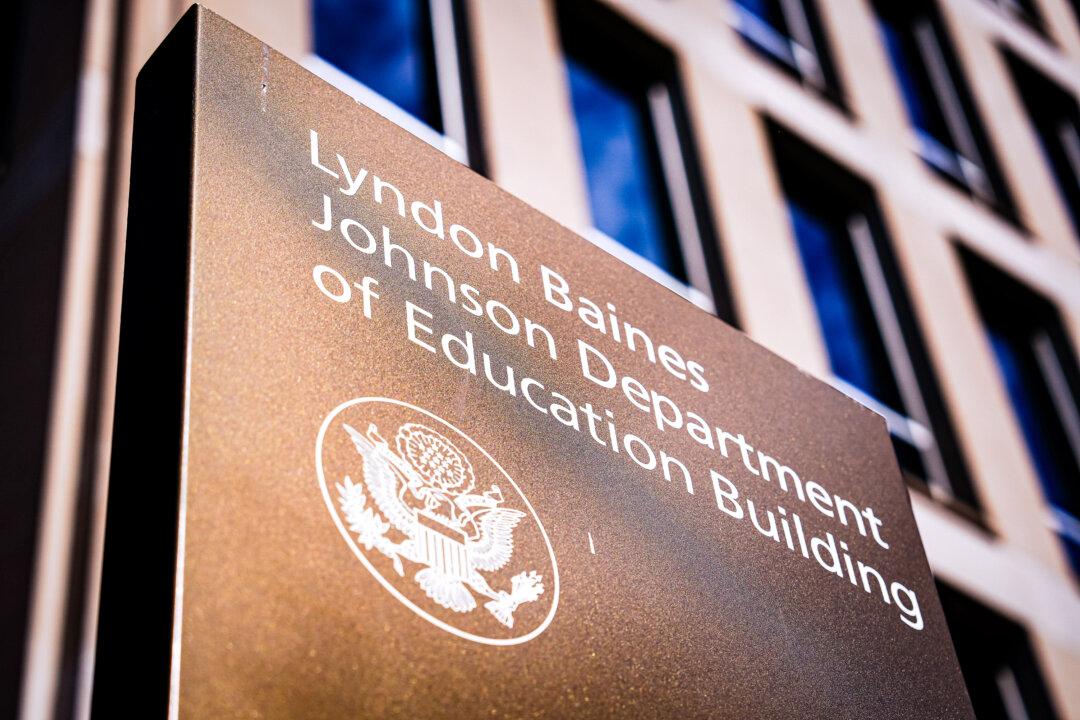A federal judge has allowed a multistate lawsuit challenging the Biden administration’s “most generous” student loan repayment option to proceed, but only after dismissing most plaintiff states from the case.
Republican attorneys general of Kansas and 10 other states sued the U.S. Department of Education in late March.





